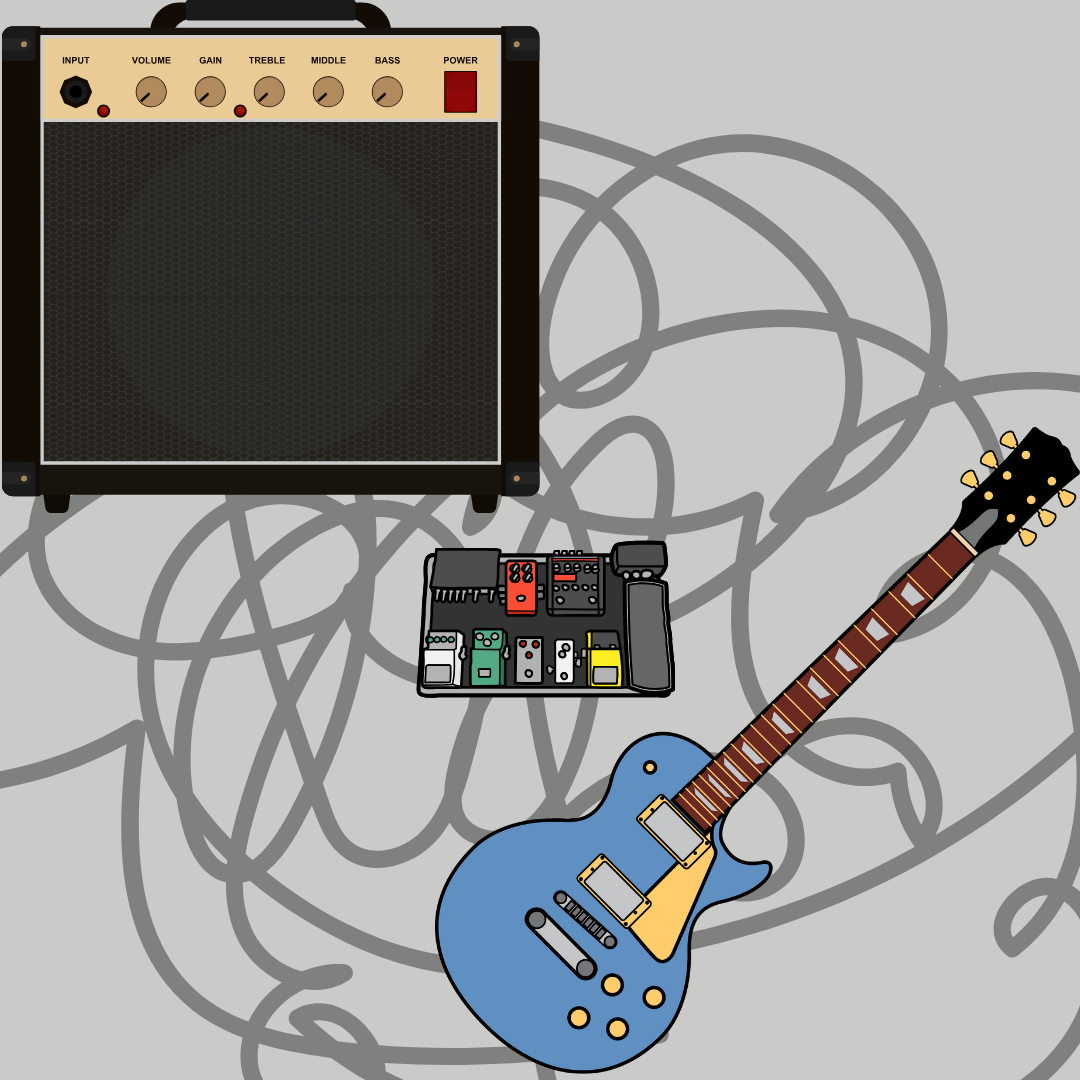Record Demos and Listen Critically for Areas to Improve
As an Amazon Associate, I earn from qualifying purchases. That means I earn commissions from my sponsored links or I make money when readers (you) purchase items through my links. Your purchase allows me to continue working as a stay-at-home dad who moonlights as a farmer and a musician. Needless to say, this post contains affiliate links.
Record demos as a useful tool for objectively analyzing your performances and production.
Set up a basic home recording rig to frequently capture your latest songs and arrangements.
Record demos as a way to refine your music. It allows you to hear your performances objectively and identify areas for improvement. Invest in a basic home recording setup to regularly capture your latest songs and arrangements.
This practice will provide a clear picture of how your music sounds outside of rehearsal and help in polishing your material.
Listen back critically as a band, making notes on what’s working and what needs improvement.
Analyze aspects like timing/rhythm tightness, tone quality, dynamic control, tuning, balances in the mix, and overall vibe.
After recording, listen back critically as a group. Make detailed notes on what works well and what requires improvement. Focus on elements such as timing and rhythm tightness, tone quality, dynamic control, tuning, mix balance, and the overall vibe.
This critical listening helps in pinpointing specific areas that need attention and ensures that everyone is aware of the same issues.
Record demos to identify sticky areas to focus on at the next practice or looseness in the groove.
Having a documented baseline helps you hear your progress over time.
Demos are instrumental in identifying “sticky” areas that need work. Use them to highlight sections that need tighter execution or better groove cohesion. Keeping a record of these demos provides a documented baseline to track your progress over time.
It’s motivating to hear the improvements from one demo to the next, reinforcing the effectiveness of your practice efforts.
The self-critique and review process will accelerate your development dramatically.
The process of self-critique and review is essential for rapid development. It encourages a culture of continuous improvement and accountability within the band.
By regularly assessing your performances and making adjustments based on these critiques, you’ll find that your skills and cohesiveness as a band will improve significantly over time.





